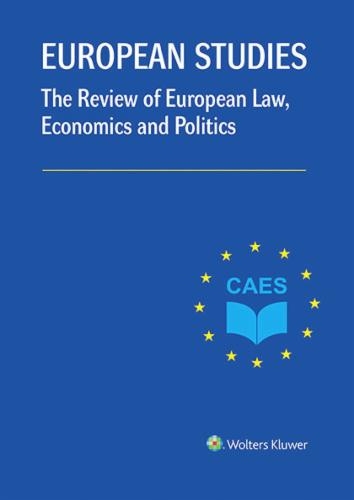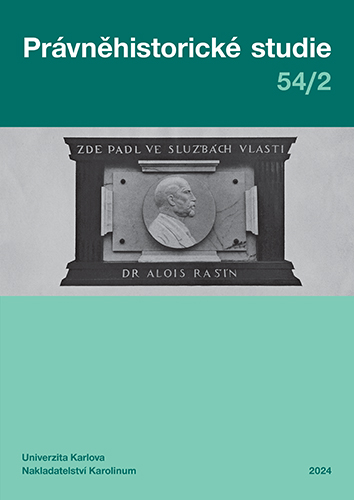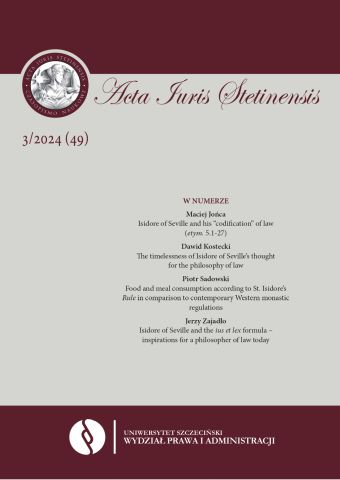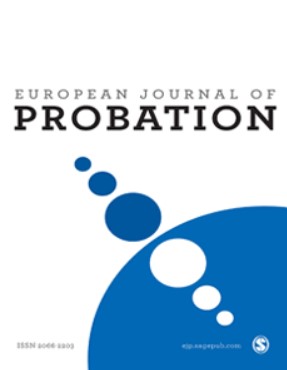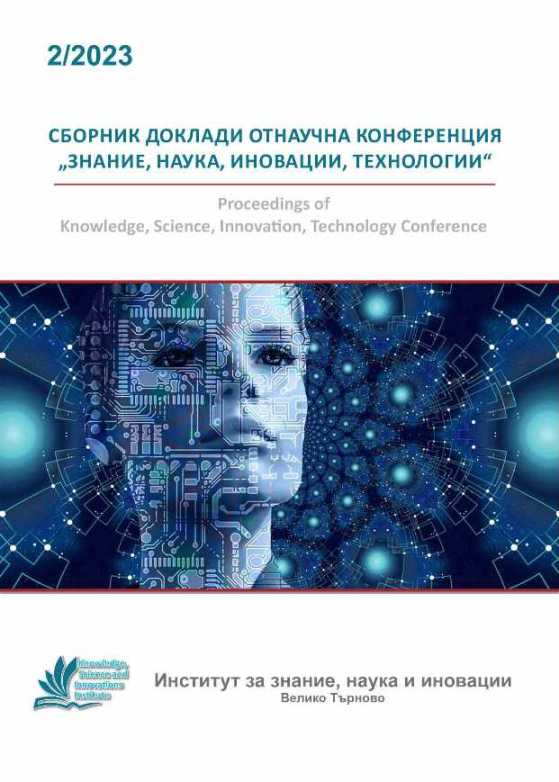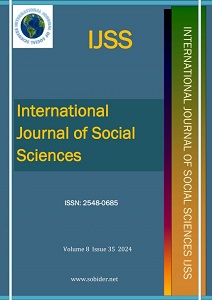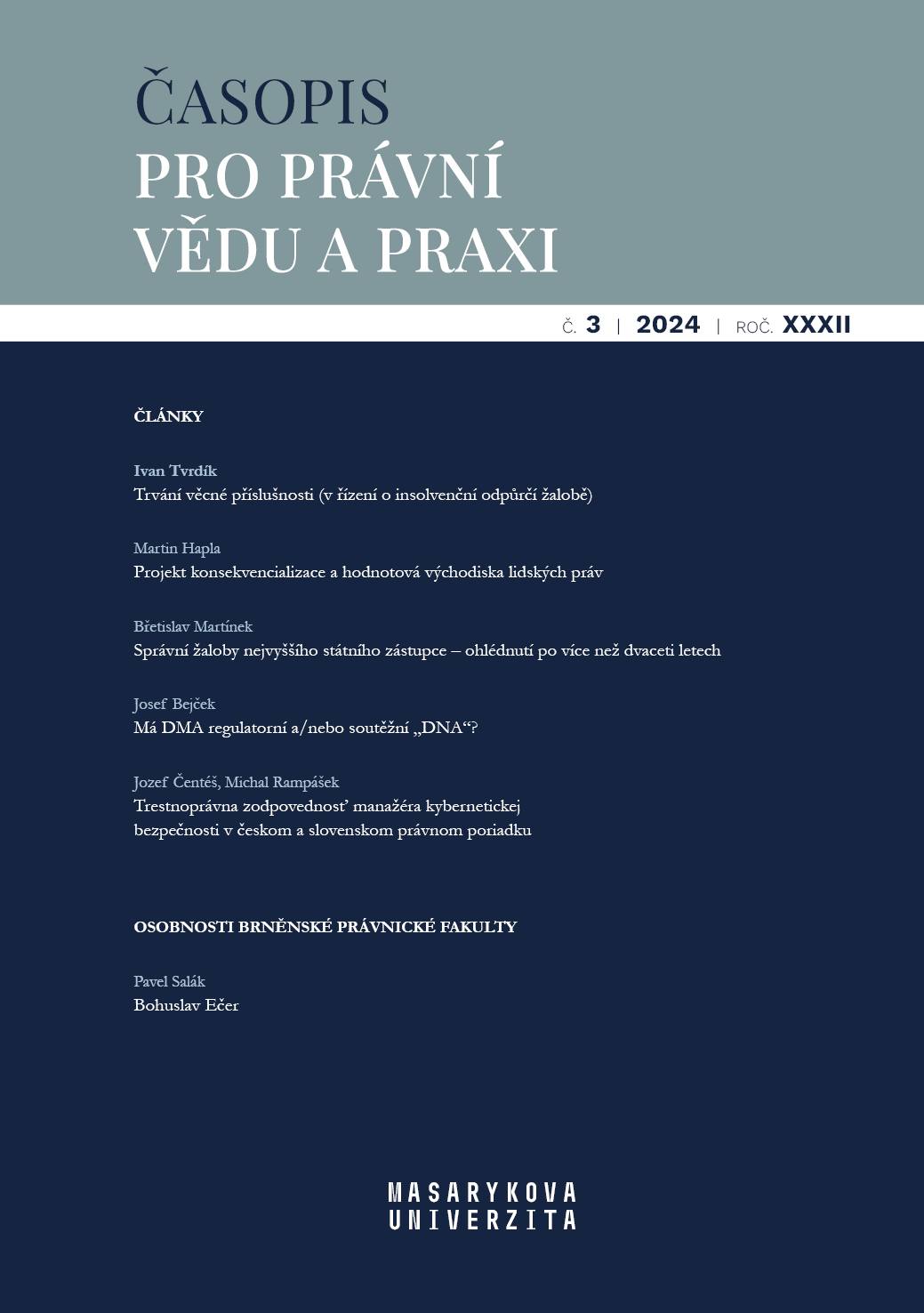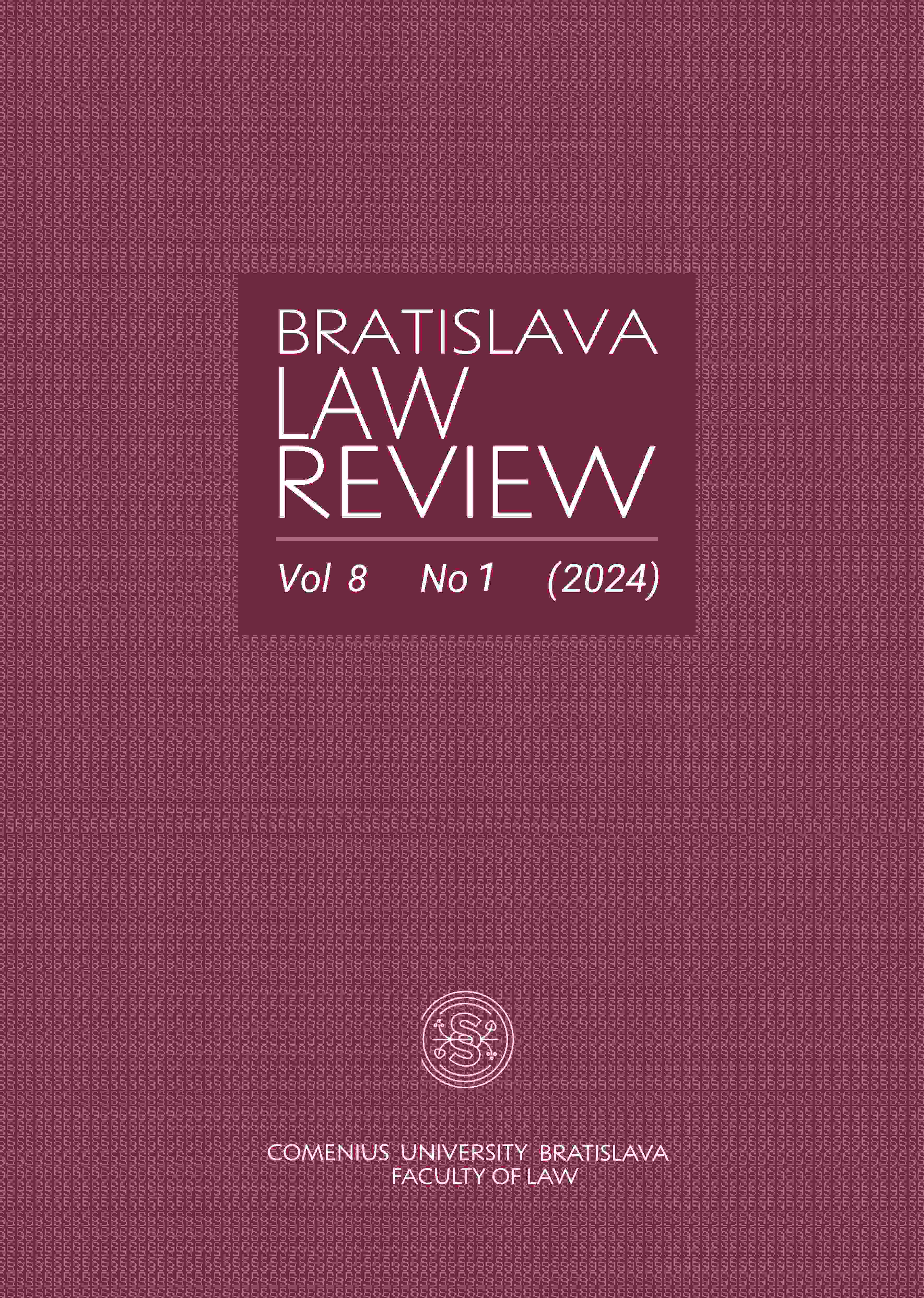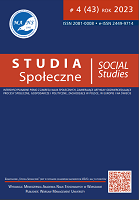
WOJNA. PERSPEKTYWA PRAWNA I SPOŁECZNA
Since the dawn of history, wars have been part of the history of the human species. They serve many purposes, from seizing territory and property to physically eliminating opponents. Undoubtedly, armed confl icts, as we are used to calling wars today, are guided by their own laws, but not those that have no framework or principles. The aim of this study is to take a dichotomous look at war in search of an answer to the question whether the applicable principles of the law of armed confl ict are respected by the warring parties and to what extent war aff ects members of society. The thesis was adopted that every modern war constitutes a violation of the provisions of humanitarian law and is a key tool for the destruction of society. The considerations are based on the analysis of the literature on the subject, both Polish and international.
More...
